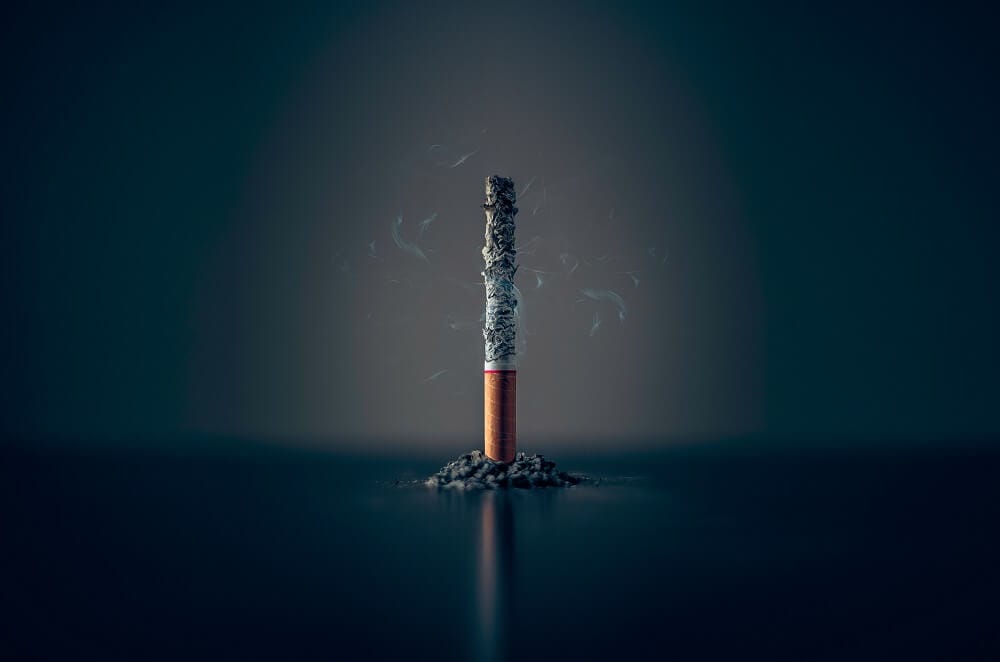The term “wet drug” refers to any drug that has been dipped in or laced with either:
- Liquid PCP or
- Embalming fluid
PCP (phencyclidine) is a powerful hallucinogen and dissociative anesthetic. Embalming fluid contains primarily formaldehyde, ethanol, and methanol. It’s used by funeral homes to preserve bodies, but it’s also gaining popularity as a drug of abuse. It produces a high similar to PCP. Drugs dipped in these substances are usually marijuana joints or tobacco cigarettes. Street names for wet drugs include:
- Water
- Dip
- Fry
- Superweed
For PCP specifically, slang terms include:
- Angel dust
- Rocket fuel
Wet drugs are extremely dangerous thanks to the long list of life-threatening effects. Even occasional use can have long-lasting consequences for your health and are risky on a number of other levels. The National Household Survey on Drug Use and Health estimates that around six million Americans have tried PCP. Many of these users were likely dipping another substance, like marijuana, into the drug. If you or a loved one is abusing wet drugs, it’s important you receive substance abuse treatment as soon as possible.
What Effects Do Wet Drugs Have?
The exact effects that wet drugs have depends on factors like how much of the drug was taken and the chemical makeup of the substance. There is very little consistency with PCP because it’s illegally manufactured. It may contain other chemicals not sifted out in the manufacturing process. Typically, these other chemicals are toxins that have less to do with the high and more to do with the risks. Sought-after effects of wet drug abuse include:
- Extreme adrenaline high
- Euphoria
- Hallucinations
- Delusions about oneself, such as superhuman strength
- Feelings of detachment from reality
The sensations and delusions that PCP brings about can make a person “feel like superman.” The extra strength PCP users feel has even been shown to allow them to break a set of handcuffs. Wet drugs may be used for the same reasons other hallucinogen are used: as an escape from reality. While marijuana is often used with PCP or embalming fluid, the effects of PCP generally overpower the effects of marijuana. When a marijuana or tobacco cigarette is dipped in embalming fluid, the resulting high is very similar to that of PCP. One distinct reason users may choose this substance is because it can cause the cigarette or joint to burn more slowly. This prolongs the effects of the drug.
What Are the Dangers of Wet Drugs?
Many of the dangerous effects of wet drugs are known, but they can still be difficult to predict. With PCP, this is because PCP is illegally produced, and many of the toxins from the manufacturing process never get filtered out. Dangerous side effects of abusing wet drugs include:
- Diminished ability to feel pain
- Aggressive or violent behavior
- Schizophrenia-like symptoms, such as delusions and paranoia
- Accidental self-injury or suicide (due to delusions)
- Memory loss or “blackouts”
- Impaired coordination
- Respiratory failure
There have been many cases of people committing horrific crimes while under the influence of wet drugs. Many PCP users report being unable to recall becoming violent and have gaps in their memory while committing violent acts. The dangers of wet drugs are greater when embalming fluid is used. There are very few reasons for someone to choose this substance over PCP, except that it’s legal and more easily available. There have even been reported cases of people breaking into funeral homes to steal it. While the high is similar to a joint laced with PCP, embalming fluid is even more toxic. Dangers and risks of embalming fluid include:
- Immediate coma
- Seizures
- Lung damage
- Destruction of body tissue
- Cancer
- Brain damage
- Death
Treatment for Wet Drug Abuse
Medically supervised detox should be the first step in treating wet drug abuse. Though withdrawal symptoms from PCP aren’t usually life-threatening, they can be highly upsetting. They may also make it difficult for you to continue to abstain. Withdrawal symptoms from wet drugs include:
- Confusion
- Cravings
- Depression
Recovering from wet drug abuse is best done in an inpatient treatment center. You’ll need coping skills to help you through the long, difficult process of recovery. You’ll have opportunities to learn a variety of coping skills, and you’ll benefit from frequent therapy sessions and peer support. Therapists and medical professionals will be available to help you through lingering effects of PCP abuse like memory impairment and speech difficulty. A drug and alcohol treatment program will give you the tools you need to regain control of your life and keep you in a good place. Other treatment options include a day treatment or intensive outpatient program. It’s a good idea to receive an assessment from a doctor or therapist to determine which level of care is most appropriate for you. Using wet drugs may seem harmless at first, but it quickly spirals into something frightening and dangerous. Don’t wait for your addiction to get to this point before reaching out for help. Washburn House offers a free and confidential screening over the phone. Contact us to learn about our substance abuse treatment programs and which one may be the best fit for you.

